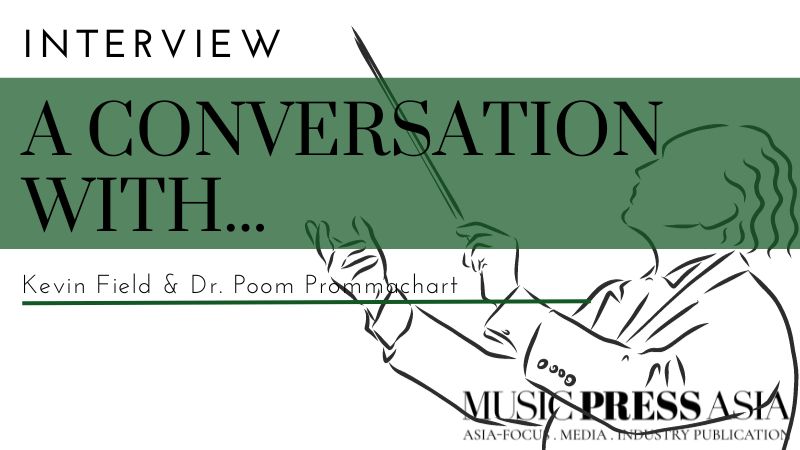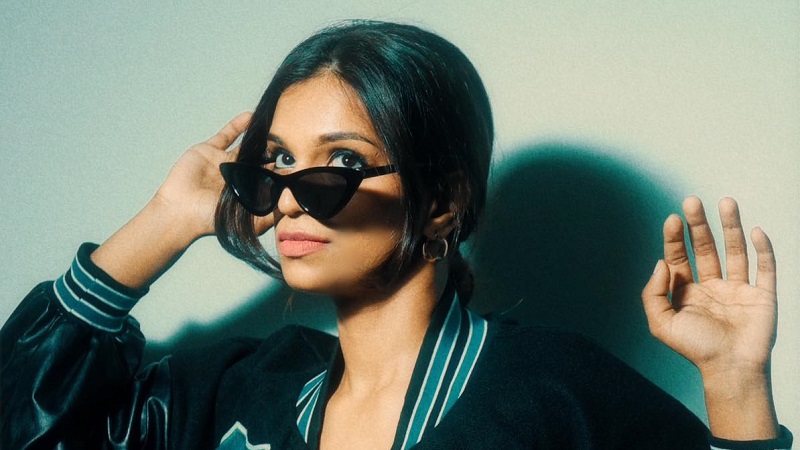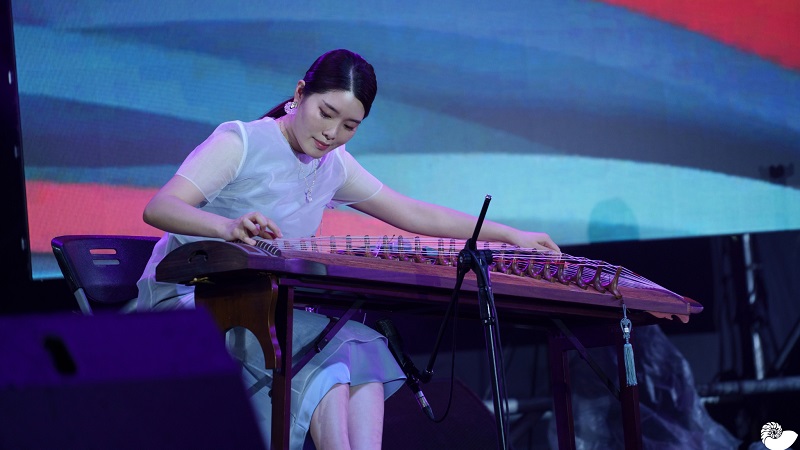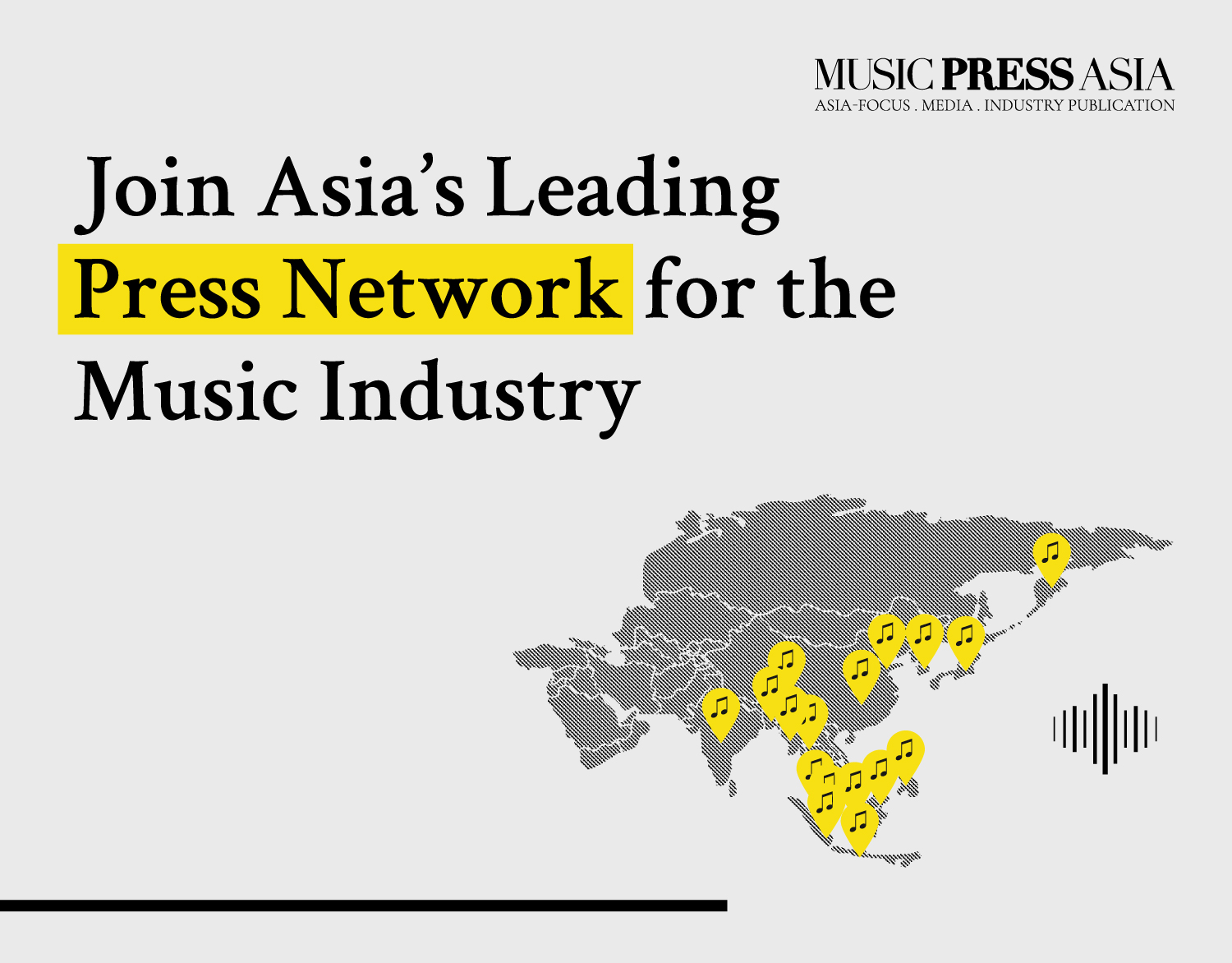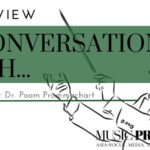Brendan de Cruz: On Being Malaysian and Going Live Again
As a Malaysian singer-songwriter, Brendan de Cruz like many artists of this endemic era, is experiencing Covid-19 dealing with unprecedented challenges gigging and producing music in a time when going live takes on a whole new direction.
As a Malaysian singer-songwriter, Brendan de Cruz like many artists of this endemic era, is experiencing Covid-19 dealing with unprecedented challenges gigging and producing music in a time when going live takes on a whole new direction.
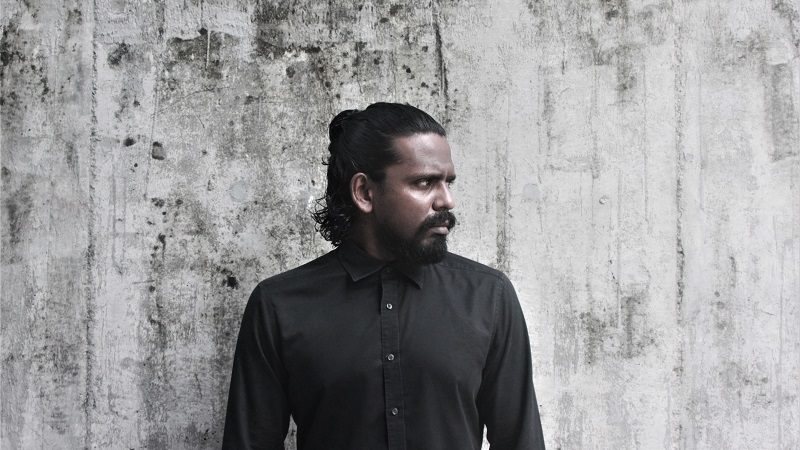
Malaysia’s live entertainment scene, like everywhere else, shocked to its very core, is seeing gentle revivals as the commercial sector gradually opens up. As the reticent street in the capital awaits for the rumpus of the weekend traffic to mount, it’s also recognizing people’s hurly burly to settle the very last devoir before heading back to the comforts of home. Life, over the last 18 months, may have changed forever. But for Malaysian singer-songwriter Brendan de Cruz, music may just be some of the most constant element moving forward.
Q1: Malaysian artists, like many others in the entertainment scene, are facing an unusual time. Questioning our very own existence and the roles we play in these vulnerable times, what has changed in how you view yourself as a record producer, singer and songwriter.
When the pandemic kicked in last year, I remember thinking about the decisions I had made over the course of the last half decade or so with regard to following this path of creating music and taking it on as a career. Almost immediately, it seemed as though the live entertainment industry was unimportant, and many of us were left in our worrisome, wondering how do we possibly move forward. It was and still a tough situation and just like everyone else, you have to adapt to changes. Nothing is permanent and every day that I am alive and able to continue to do what I do, is the utmost blessing. I have a wonderful support system with family and friends, who continuously shower me with love, encouragement, and the drive to continue what I do.
“I have had to take on different jobs which are not music related, but I tried my best to make sure it is something I would enjoy doing outside of the music field.”
The pandemic mostly has changed me as a functioning human being. We are part of a much bigger “plan” and the effects of the pandemic, I believe, was a wake-up call that everyone needed. It might not have been the best thing to happen to most or some, but overall, it was something that needed to happen. My time on this planet is limited, and all I can hope for is to do and give my best for anyone and everyone around me.
Q2: What did you have to go through in your creative experience ever since the lockdowns and restrictive movements began? What were some of the challenges you had to face?
When it happened, I barely had much of a set up to be able to record myself. Most of my works up until last year were done in the studios of other producers. Last year when we went into a lockdown, I only had an average laptop and a microphone with an interface that I had purchased to be able to record demos without having to depend on someone else’s studio. Most of my work is very acoustic-driven and features one or two other talents at most, aside from the third record, III, which was produced by Ashwin Gobinath of Nadir Studios, and was my first record which had a full band. Writing was never really an issue but producing was the constant worry.
That being said, I still wanted to release music, and I just told myself I would do something by myself, which then lead to the 3-track EP, I Am Not Billie Eilish, which was written, produced and recorded in my room, and features only two other people, Jaime Gunter and Lor Phaik Sim, who respectively play bass and keys on Evermore and All Over Me, which they too recorded in their respective homes.
The record was then mixed by Derek Rushe who is my default mixing engineer, and mastered by Pete Maher who is based in the UK, who has also worked with acts like Damien Rice, The Killers, U2 and many more.
Q3: How are you being philosophically inspired when producing ‘I Am Not Billie Eilish’ the album?
Writing and composing the music for I Am Not Billie Eilish was a different experience for me as I had full control of what I wanted to do and how I wanted to execute it. All my songs are inspired by real relationships of any kind and the process was the same here. I just probably had much more focus due to the pandemic and its effects, which then gave way to search through my emotions on a level I had never before, as there were many other factors to take into consideration when writing the music.
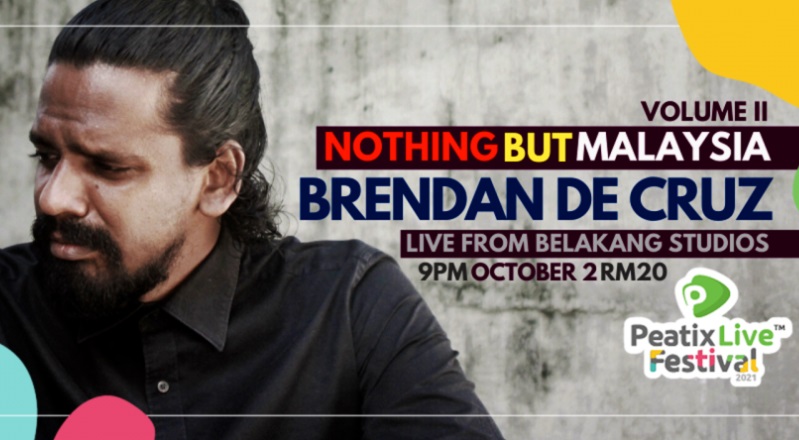
Q4: We are all uniquely representative of the cultures and the language our forefathers speak. How do you see yourself as a Malaysian, a South-east Asian. And how you’d like others to perceive you and the community you stand for creatively and personally?
Honestly, I am more interested in just being a human being. With everything that has happened so far, we should understand that a world without borders is what we should all strive towards. Each and every one of us have our own unique forefathers and foremothers and cultural background, but most importantly, we are one human race. I do my best to not worry about how people perceive me, and I focus more on whether my existence in your life has a positive impact. And that to me is what matters most.
Q5: How do you think artists can benefit from such a digitalized experience before the world opens up again? What are the alternatives?
In terms of digitalizing content, that has already been going on for many years now, the focus towards online content just became the main avenue because of the pandemic. Once things open up fully, it is going to be tough to maintain having virtual events, because well, everyone wants to go back out again, and be with and around people. Until then, curating online concerts for example, have been great not just for artistes, but for audiences too. Whether the majority of us admit or not, the arts and entertainment industries are pivotal to everyone.
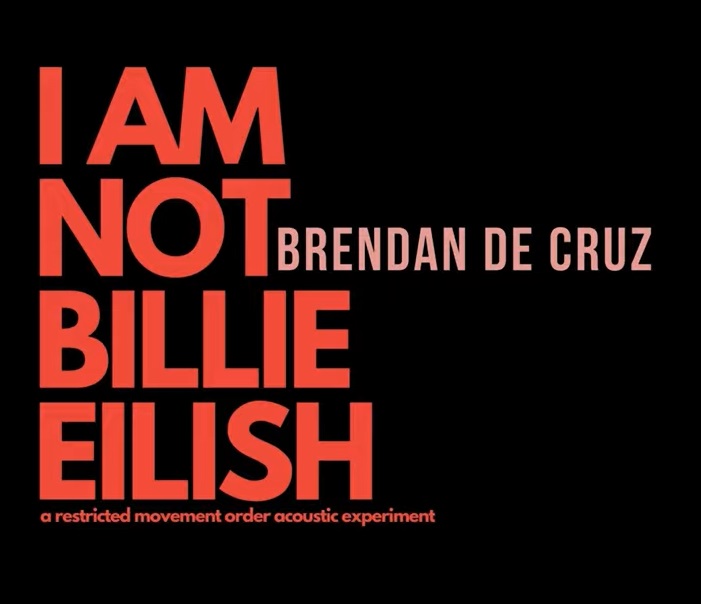
We all consume some form of art in some way, and being able to not just produce for everyone, but for others to also be able to consume during the pandemic and its trying moments, was a true blessing, and helped bring together a world that was being “torn apart”. It Is not just beneficial to artistes, but to audiences as well, and it allowed many of us to maintain some form of normalcy, during such a trying period.
Using something like Peatix Live has definitely helped me to continue what I do and also at the same time, build onto my already existing audience, and once things open up, I might not be hosting my shows online, but I would definitely still continue to use Peatix as my ticketing partner.
Brendan de Cruz is set to perform on 2 October at Peatix Live Festival 2021. “Nothing But Malaysia: Volume II. Live from Belakang Studios” is a ticketed event on Peatix’s three-day festival (30 Sept – 2 Oct) merging musicians and hosts of other content makers from Singapore, Malaysia and Japan. For more about the festival and its full program schedule, click here.
READ MORE INTERVIEWS HERE.

